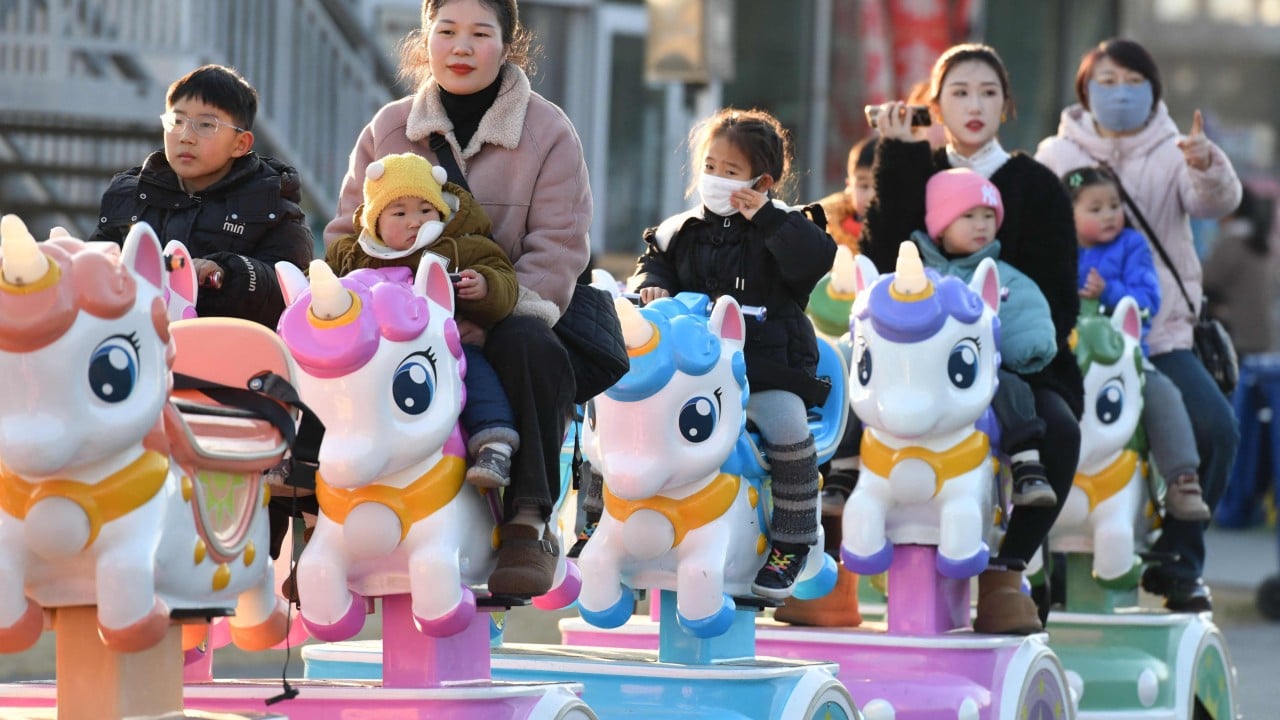China must stimulate consumption to offset the potential loss of the US market. To have a lasting impact, stimulus measures must aim to boost the birth rate, given that in societies like China, consumption is driven by raising children.
Advertisement
There are costs and benefits to raising children that extend to society as a whole. Faced with an inverted population pyramid, the Chinese government, which has control over so many parameters, is in a unique position to shift the economic value of raising children to their parents.
The trade war being waged by the US against China brings to an end the unsustainable dependency of the global economy on US consumption – especially manufacturing- and export-driven East Asia.
Since Alan Greenspan took over as head of the US Federal Reserve in 1987, Washington has focused on maximising consumption. If someone is willing to lend money to the United States, it seems that it will simply consume excessively and run a trade deficit.
East Asia’s willingness to accept US dollar supremacy has allowed this excess to continue for so long. Without policy intervention, this dynamic could threaten the strength of the US dollar and result in the loss of East Asians’ external savings. The interruption of this dynamic, induced by US President Donald Trump, should be viewed as a blessing in disguise, especially for saving-prone countries in Asia.
Advertisement
East Asia’s rapidly declining birth rate is a major factor in its rising demand for external assets funded by trade surpluses. Raising children has traditionally been viewed as an investment in financial support during old age. If too many people choose to have fewer children, a country’s savings could lead to an increase in the value of its currency or to a trade surplus.

